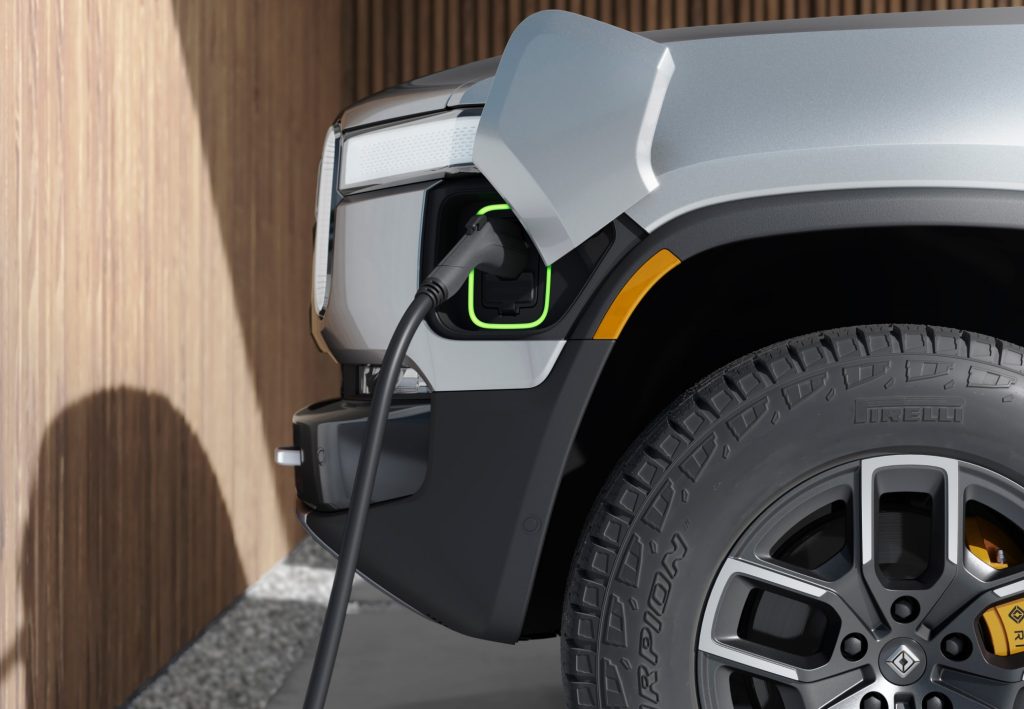New Study Shows Electric Vehicles Are Worse For The Environment Than Gas-Powered Cars?
A University of Michigan-conducted study found that electric vehicles produce more emissions at the end of their lifecycles when their batteries decompose and erode than gas-powered cars, however, these emissions are negated within the first two years of owning an EV.
This article is more than 2 years old
Both domestically and globally there has been an immense push to increase public adoption of electric vehicles. For instance, in the United States, the Biden Administration has passed legislation and secured funding for the purposes of fully fleshing out the nation’s electric charging infrastructure to enhance EV-ownership practicality for all US drivers. However, the movement has been wrought with hesitancy and uncertainty, with many individuals not even giving the possibility of EV ownership the time of day.
Interestingly, a new study conducted by the University of Michigan has shown that electric vehicles are actually less environmentally efficient when it comes time to dispose of them. The primary cause is the batteries that power the cars. As the batteries break down and erode over time, they emit more greenhouse gases than a decomposing internal combustion engine would.
While this is concerning, and certainly will give those against the transition to electric vehicles more ammunition to resist the change, that same University of Michigan study also found that the emissions that will inevitably be released at the end of an electric vehicle’s lifecycle are negated by simply driving the car for between 1.4-1.9 years depending on if its a sedan or SUV.
To put it simply, the amount of emissions that are not being pumped into the air as the result of driving an EV over a gas-powered car during its lifetime cancels out the harmful emissions that will be expelled when the car is eventually disposed of. This means that electric vehicles are still far more environmentally friendly than their gas-powered counterparts. To put it into perspective, the New York Times cited that statistically, automobiles with internal combustion engines produce approximately 66% more harmful emissions than electric vehicles when driven.
“All studies agree that electric vehicles save between 50 to 70 percent CO2 equivalents and that the time needed to recoup the additional emissions caused by battery production is one to two years. The more you drive, the faster you’ll recoup,” Auke Hoekstra, director of energy transition research at the Eindhoven University of Technology, explained to the New York Times.
All that said, while research clearly documents that electric vehicles are the better choice for the environment overall, there are still major issues that have to be worked out. For instance, even though electric vehicles themselves produce far fewer emissions, the way that the electricity to charge their batteries is generated is terrible for the environment. This is because, globally, there is still an enormous reliance on coal to power electrical grids and coal is one of the worst offenders in terms of the number of greenhouse gases it releases when exploiting its properties for energy purposes.

Additionally, lithium-ion batteries, the ones used in electric vehicles, are not a sustainable solution in the long term. This is because mining for lithium comes with its own environmental pitfalls. Specifically, the mining process is extremely destructive to local ecosystems where the mining occurs.
Still, even though it looks as though we as a populace are in between a rock and a hard place in terms of finding an environmentally friendly transportation alternative so that we can have any chance of halting the havoc that industrialization has wreaked on the planet for well over a century, there actually is hope for electric vehicles. In the United States, coal factories have been being shuttered for years and the country is looking to rely more on solar, wind, and nuclear sources of energy.
Also, scientists and researchers have found numerous viable alternatives to lithium-ion batteries that would be far less impactful to cultivate and use. Honestly, what it comes down to is a matter of mobilizing the right people to take action in addition to taking a transparent approach to inform the public, and then actually seeing those pursuits through. Only then will the transition to electric vehicles be successful and successful in a way that is actually more sustainable. Otherwise, what’s the point?





